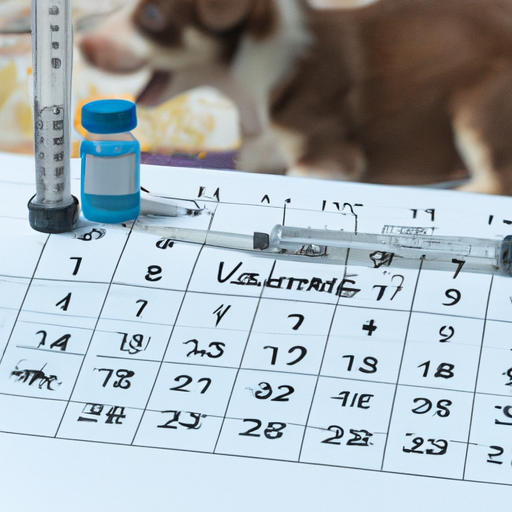As a caregiver for your four-legged friends, you always want to ensure that they are in the best of health. One of the most imperative measures you can take to safeguard your dog’s health is to keep their vaccinations up-to-date. Particularly, the rabies vaccine is critical as it protects not only your pet but also you and your community from this fatal disease. This comprehensive guide will walk you through everything you need to know about how often rabies shots are given to dogs.
Understanding Rabies
Before we delve into the details of the rabies vaccination schedule, it’s crucial to understand what rabies is and why vaccination is so important.
Rabies is a deadly viral disease that affects the central nervous system of mammals, including dogs and humans. It’s typically transmitted through the bite of a rabid animal. Unfortunately, once symptoms appear, rabies is almost always fatal.
The Importance of Rabies Vaccination
Rabies vaccination is essential for several reasons:
- Legal requirement: In many areas, rabies vaccinations are required by law for all dogs over a certain age, usually around three to four months.
- Protection for your dog: Vaccination is the most effective way to protect your pet from this fatal disease.
- Protection for humans: Rabies can be transmitted from dogs to humans. By vaccinating your dog, you’re also protecting your family and your community.
Rabies Vaccination Schedule for Dogs
How often your dog needs a rabies shot depends on several factors including their age, the type of vaccine used, and local regulations. Here’s a general guideline:
- Puppies – The first rabies shot is usually given to puppies at 12 to 16 weeks of age.
- Adult dogs – For the regular booster shots, the frequency depends on the type of vaccine used and local regulations. Some vaccines are given every year, while others are given every three years.
| Age | Vaccine Type | Frequency |
|---|---|---|
| Puppies | Initial vaccine | 12-16 weeks |
| Adult Dogs | 1-Year vaccine | Every year |
| Adult Dogs | 3-Year vaccine | Every three years |
Factors Affecting The Rabies Vaccination Schedule
The frequency of rabies shots can vary based on:
- Local regulations: Some areas require annual rabies vaccinations, while others accept the three-year vaccine.
- The dog’s health condition: If your dog has a compromised immune system, your vet might recommend a different vaccination schedule.
- Exposure risk: If you live in an area with a high incidence of rabies, more frequent vaccinations might be necessary.
Frequently Asked Questions
1. Are there side effects to the rabies vaccine?
Most dogs do not have any side effects from the rabies vaccine. However, some may experience mild symptoms such as fever, loss of appetite, or lethargy. Severe reactions are rare but can include vomiting, diarrhea, or difficulty breathing. If you notice any unusual symptoms after your dog’s vaccination, contact your vet immediately.
2. What if my dog misses a rabies shot?
If your dog misses a rabies shot, it’s essential to get them vaccinated again as soon as possible. Depending on how long it’s been, your vet may recommend restarting the vaccination series.
3. Can my dog get rabies even if they’re vaccinated?
While the rabies vaccine is highly effective, no vaccine is 100% foolproof. However, vaccinated dogs who do get exposed to rabies have a much better chance of survival compared to unvaccinated dogs.
4. Can I vaccinate my dog against rabies at home?
No, rabies vaccinations should always be administered by a licensed vet. In many areas, it’s illegal to administer the rabies vaccine yourself.
In conclusion, regular rabies vaccinations are an essential part of your dog’s healthcare routine. While the general guidelines are useful, always consult with your vet to determine the best vaccination schedule for your furry friend. Remember, by vaccinating your dog against rabies, you’re not only protecting them but also yourself and your community.



